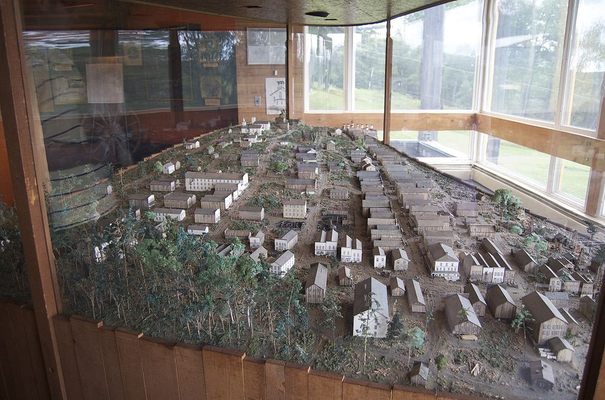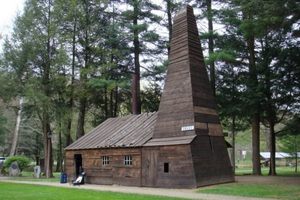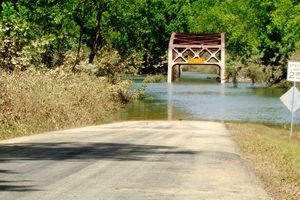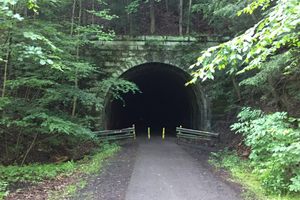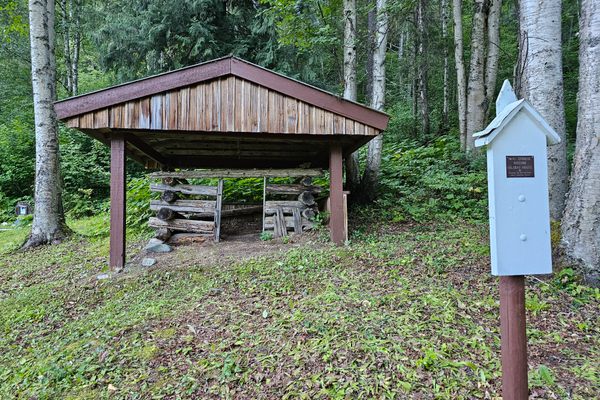About
Once a boomtown of 15,000 people and many oil derricks, Pithole City, Pennsylvania vanished almost without a trace as the wells ran dry.
The modern petroleum industry started near Titusville, Pennsylvania at Drake's Well, just a few miles west of the Holmden Farm along Pithole Creek in Venango County. Wildcatters would explore the area looking for new wells, and on January 7, 1865, oil was struck at the Frazier Well. Two speculators, A.P. Duncan and George C. Prather, bought acreage on the Holmden Farm in May and plotted 500 lots to lease to oil workers and businesses. The plots became Pithole City. In two months over 2,000 people had come to town to seek their fortune in the new oil industry and providing services to the workers. The population would rise to 15,000 by November and an estimated 20,000 by Christmas.
The town was a raucous locale with most commercial buildings having a bar attached and houses of ill repute all along First Street. Oil field workers and teamsters made very handsome sums of money extracting oil and shipping it out in barrels in wagons. The price of a meal of "tough beef, bread, and coffee" was $4, almost 60 of today's US dollars.
However, the boom times did not last. Duncan and Prather only leased the lots instead of selling them, and the terms specified that anything still on the lot after the lease ended, they would keep. Thus, most buildings were simple shacks without a foundation. Fed up with the teamsters' exorbitant rates to transport oil through muddy roads, Samuel Van Syckel would invent the first oil pipeline here, starting the "Pipeline War" where teamsters and accomplices would wreck the pipeline at night until the Pinkertons were brought in to guard it. Most teamsters left after the pipeline was secure. Fires were common, sometimes burning whole blocks and adjacent wells. New wells nearby could not supply the oil the Frazier Well did, driving even more people away to better producing areas, and the price of oil crashed in 1866. By the end of the year the population was back down to 2,000, and the 1870 Census recorded a scant 237 people in the boomtown gone bust. In August 1878 the city's land, once valued at $2 million, would be sold back to Venango County for $4.37, about the price of a "tough beef" meal. Weeds and trees would overtake the muddy streets, and since few buildings had foundations, there were next to no traces of Pithole City.
The site would be bought in 1957 by a Titusville newspaper publisher, James B. Stevenson. He had the brush on the former city site cleared and donated the land to the state. Now on the site is the Pithole City Visitors Center, run by the Drake's Well Museum in Titusville, with exhibits and photographs from the once rich and raucous oil boomtown. On summer weekends the Center hosts Wildcatter Days with guided tours of the city site and 19th century games and music.
Related Tags
Know Before You Go
From Oil City, PA, take Route 8 north to Rouseville. Turn east on Route 227, then go for 7 miles to Pithole Road. Turn at the sign and follow Pithole Road to the Visitors Center.
Community Contributors
Added By
Published
June 15, 2015

